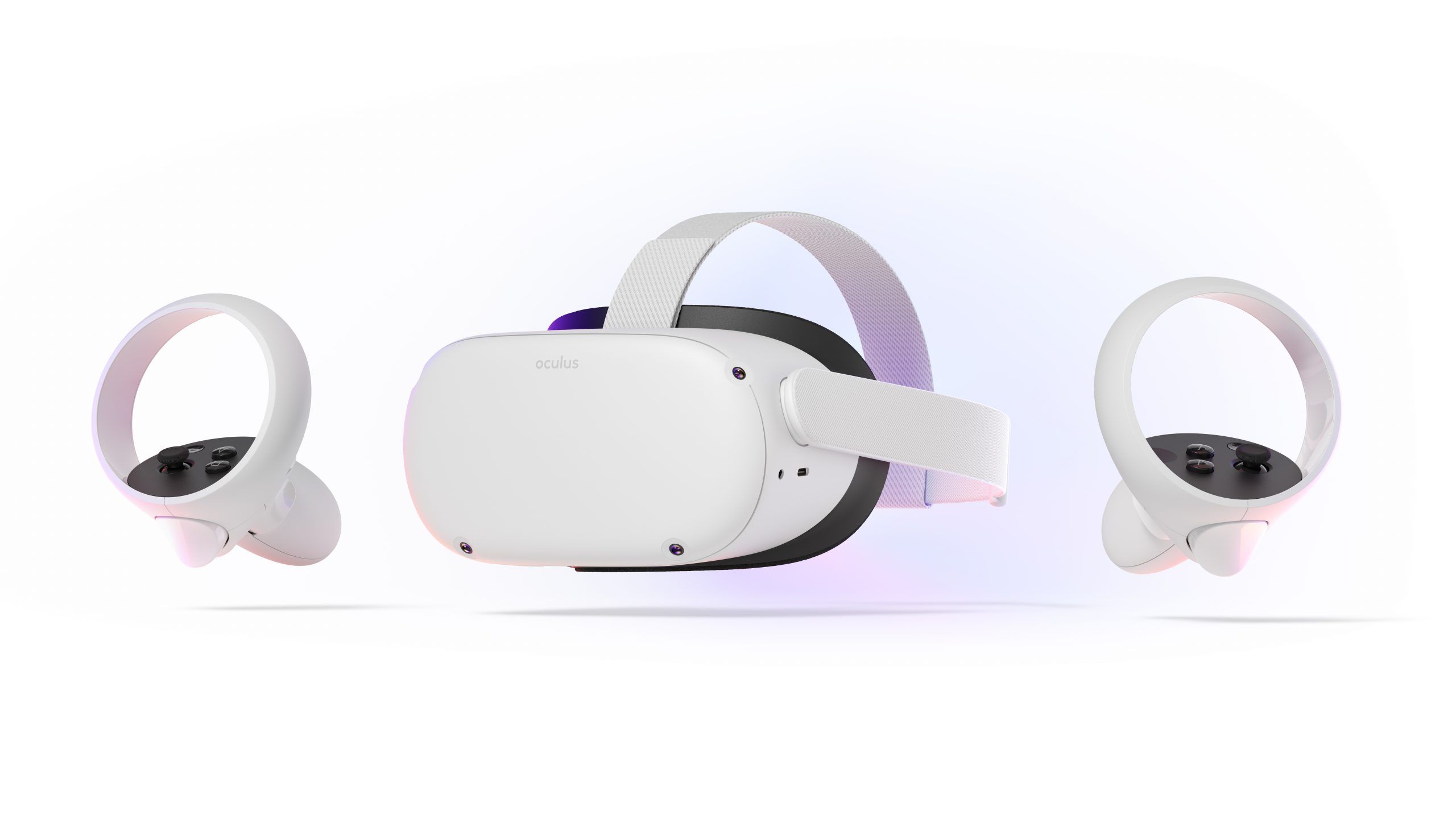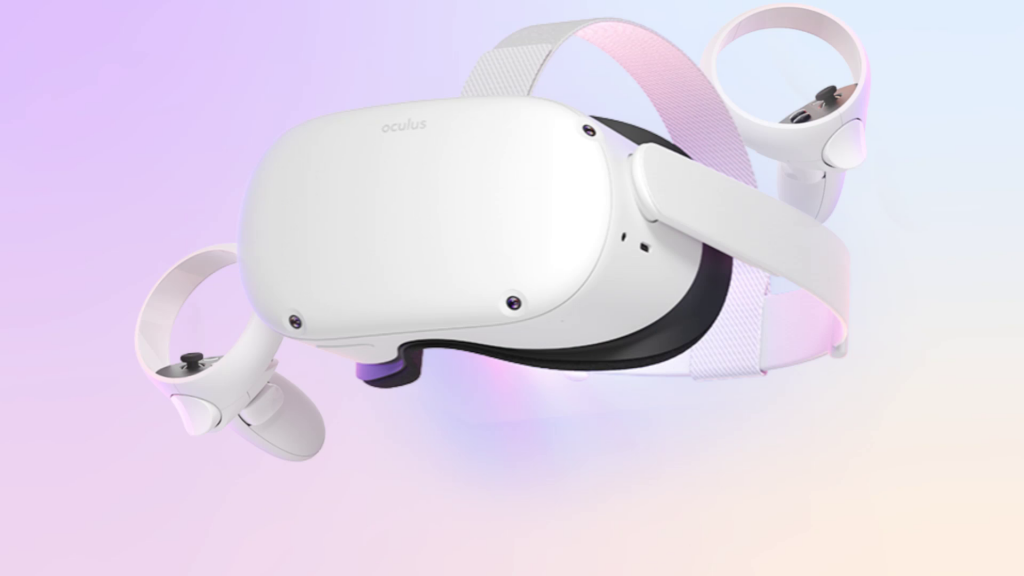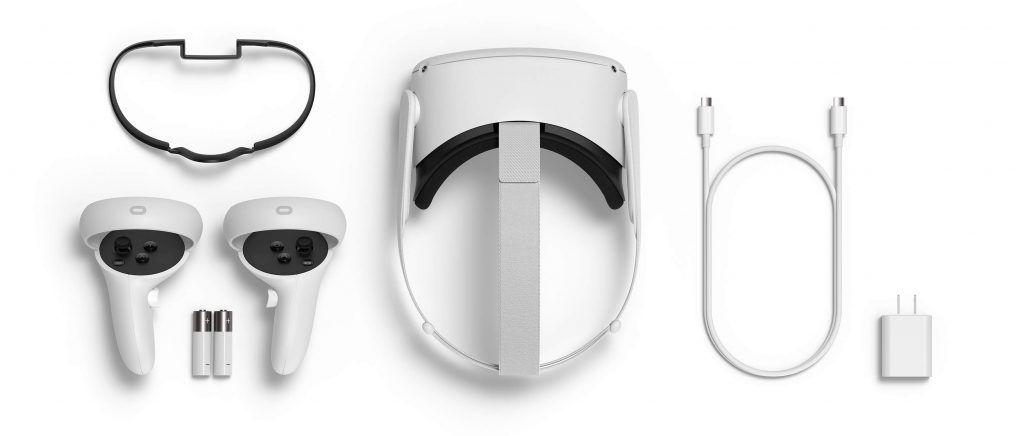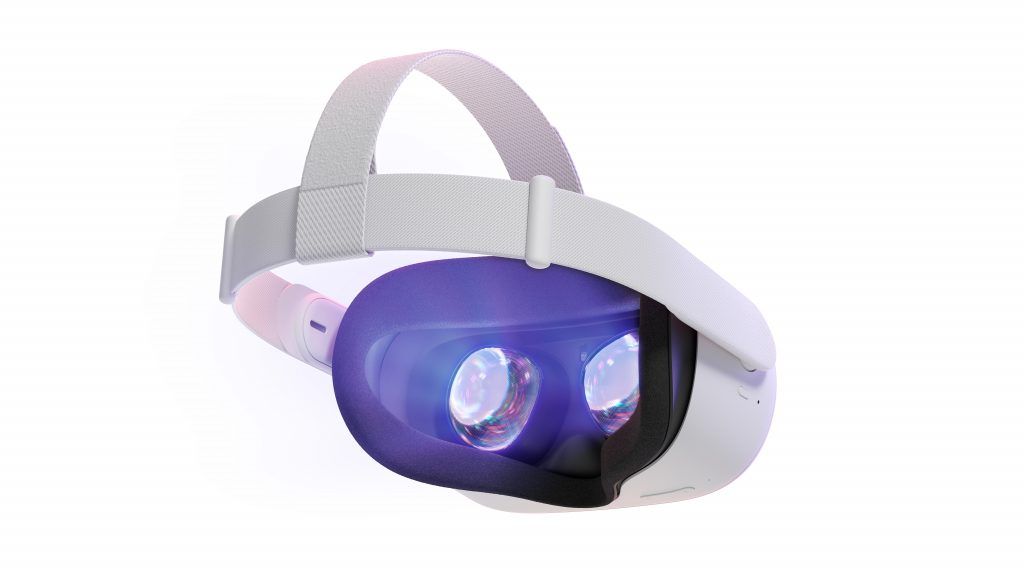Ever since virtual reality started hitting the video game market in a major way, it mostly has been looked at as something only for a niche audience. I have spoken to many people over the years about the tech and it was typically followed up with something along the lines of, "Yeah VR is cool, but it is too expensive." For a while there, that statement was correct. Sure, there are some affordable headsets on the market, but there must be a high-powered PC to go along with it. And even in the case of PSVR, a PS4 must be connected to power it.
That's where the Oculus Quest comes into play. It first launched last year and looked liked the best entry point VR admirers could start at if they wanted to get into the virtual reality space. Now, the Quest model has received an even better revision that comes at a cheaper cost with the Oculus Quest 2.
[pullquote]"I think that the Oculus Quest 2 is a fantastic option for someone looking to get into the VR scene."[/pullquote]
Let's get this out of the way to start. I personally have only owned a PSVR up until this point. While I do have a gaming laptop, it would not be able to support an Oculus Rift, Vive, or Valve Index. I have used the original Oculus Quest at the occasional gaming convention, however. So this review will not be coming from someone who has every single VR unit at their disposal. With that said, I think that the Oculus Quest 2 is a fantastic option for someone looking to get into the VR scene.
Starting out at only $299 for the 64 GB model, it is by far the cheapest option out there for the first time VR user. From my use, I was able to download plenty of games and apps without reaching my storage limit. If you would like to upgrade, there is a 256 GB version that costs $399. Though, I think that might be a little overkill for most.
From the start, I could tell how much better of a headset the Quest 2 was compared to my PSVR device. The Oculus Quest 2 comes packed with the Qualcomm Snapdragon XR2 processor, a step up from Qualcomm Snapdragon that was in the original Quest and Oculus Go. On top of the new processor, the display has received a big boost in resolution bolstering a 1832X1920 display per eye. It contains 50% more pixels than the first Quest and it sure is a noticeable difference.
Games run smooth as butter and the clarity is exquisite for being a completely wireless headset. In my time with Beat Saber and Superhot, I was continuously impressed that games could look as good as they did without being tethered to anything. I also probably put way too much time into playing Eleven: Table Tennis due to how lifelike it actually seemed. I was amazed at how I felt like I was just playing a normal round of ping pong. The Quest 2 does everything you would expect a next-gen piece of hardware would do with the games you play. They all run better and have an improved level of graphical fidelity. Plus, it seemed as though the motion tracking of the controllers even improved as well.
One concern I did have was the battery life. Oculus states that the headset has a 2-3 hour battery life depending on the application the owner is utilizing. During my testing, that was pretty accurate. Now, that might not sound like a long time. However, if you are using a VR headset for more than 3 hours at a time, there might be bigger issues than a piece of technology being juiced up long enough for you.
There was still one frustration that came with that, though it stems mainly from my own ignorance. Ideally, it would be best to keep the headset charging whenever you are not using it. There were a couple of times that I put the headset on and discovered that I needed to charge it due to a lack of battery power. Since it is completely wireless, it is fairly easy to just toss it on the shelf once your session is over. Being a completely wireless device is great, but it sometimes at the cost of forgetting to charge it. If that isn't a first-world problem then I don't know what is, but it is something to be cognizant of.
The main problem with VR right now in my eyes is how inaccessible it is to a wider audience. Like I stated before, if you want to play the latest and greatest that VR has to offer, you would need to pay a pretty penny. Plus, constantly setting up cameras and running wires everywhere can be a huge pain in the ass. The main reason why I don't want to bust out the PSVR as often as I do is because I don't want to hassle around with configuring all of the wires.
The Quest 2 solves those issues right off the bat. First, for $300, you will be getting a fantastic device with a great catalog of games to play. That alone is a major plus, but the fact that you can just pop the thing on at a moment's notice really sets itself apart from the competition. The headset can also pause your session so that players can easily pop right back into the action. Even after a full shut down, the Quest 2 can boot back up fairly quickly. With everything being completely wireless, I couldn't think of a more ideal headset for anyone to buy if you do not have a high powered PC.
Though, if you are an owner of a PC that can support higher-powered experiences, the Quest 2 might still be your best bet if you want the latest tech while saving some money. Just like the original Quest, the second iteration of the headset can be connected to your PC by using an Oculus Link cable. While the Rift is only $100 bucks more, you will always be tied to your PC if you want to go that route. I have always found VR to be best played with friends and family, so the idea of taking it over to someone else's place can essentially be thrown out the window if they do not have a PC.
Perhaps most importantly, the Quest 2 has definitely been the most comfortable VR headset I have ever used. Whenever you are strapping something to your face, it will never feel snug like a glove, but the Quest 2 can reliably stay tightly strapped to your head without much discomfort.
[pullquote]"If you do not mind not having the highest fidelity graphics and would rather supplement that with better accessibility and portability, the Oculus Quest 2 is the right option for you."[/pullquote]
Based on my time with Oculus Quest 2, I don't think I could think of a better comparison than that of the recent iPhone SE. It boasts a lightning-fast processor but comes with some limitations. It doesn't have a big ole screen like the iPhone 11 Pro Max, the camera is great but not as good as the higher-end models, but the device is such a great value that it's almost hard to pass up. In the same way, the Oculus Quest 2 does everything that other devices can do, just a little bit better in some cases and for a more reasonable price.
Five years ago, VR was still in its infancy. Different companies were still figuring out what makes a good headset, what makes a VR game fun while not being a pain to play, and what can make the genre more accessible. We have now gotten to the point where most of the headsets coming out will check all of the boxes stated above. The Oculus Quest 2 is just the first to release with all of those boxes checked while also coming in at an affordable value.
If you do not mind not having the highest fidelity graphics and would rather supplement that with better accessibility and portability, the Oculus Quest 2 is the right option for you. The headset does have its limitations, and while I wasn't a big fan of having to create a Facebook account to use it, at a starting price of only $299, it is a hard deal to pass up. It is super easy to just pick up and play at a moment's notice and already has a fantastic library of games to play. On top of that, if you would like to access games that need a bit more juice to play, you can do so with probably an overpriced cable. This is most definitely the best place to start your VR career.




